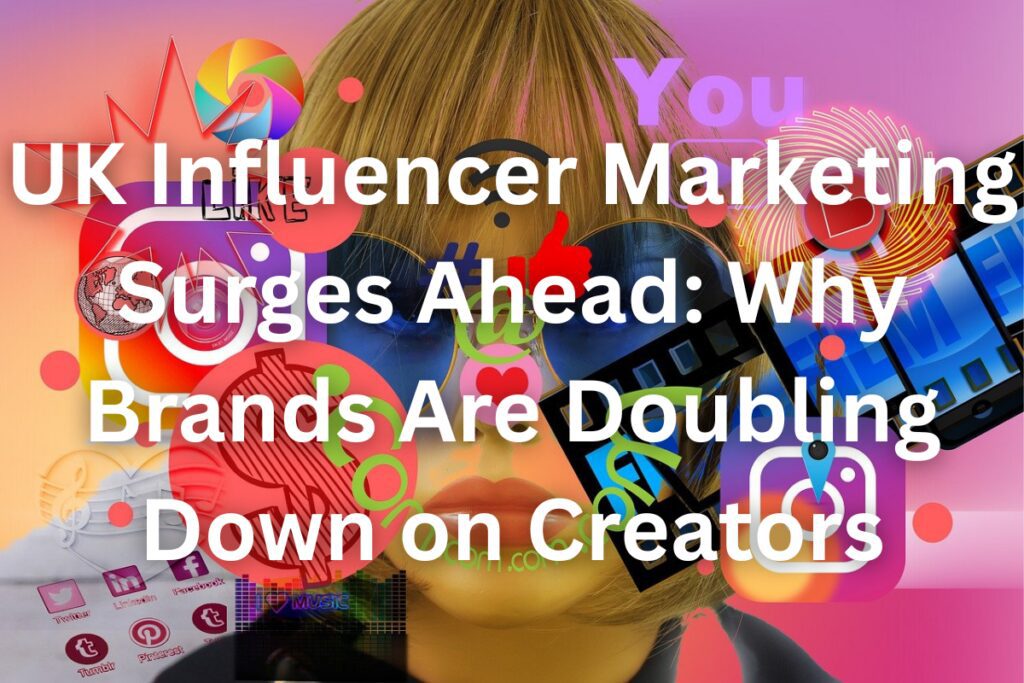In today’s dynamic world, the boundaries between corporate and personal branding are becoming increasingly blurred.
Companies are taking a more personal approach to connect with consumers, while individuals are presenting more polished and intentional versions of themselves.
This evolution in branding strategies has created a space where authenticity, adaptability, and trust reign supreme.
Corporate Branding: Trust, Identity, and Connection
Corporate branding has long focused on showcasing a company’s values and identity, building trust through its products and services.
As the PR director at creative agency Dark Horses explains, corporate branding works to promote the overall character of a business. However, it often lacks the emotional depth needed to foster a personal connection with consumers.
Iconic brands like Lidl, Greggs, and Ben & Jerry’s are now shifting gears, adopting a more relatable and personable voice to engage their audiences on a deeper level.
Personal Branding: The Art of Authentic Connection
Unlike corporate branding, personal branding revolves around an individual’s values, purpose, and authenticity. It fosters a direct and personal relationship with audiences.
Few exemplify this better than global music icon Taylor Swift, whose meteoric rise and reinventions have made her a masterclass in personal branding.
With an estimated net worth of $1.6 billion, Swift has navigated multiple career transitions – from country singer to pop star to folk artist, and back again. Her 2019 documentary Miss Americana sheds light on the pressure female artists face to reinvent themselves to stay relevant.
Despite challenges, Swift has cultivated a loyal community of “Swifties,” whose unwavering support has propelled her most recent album, The Tortured Poets Department, to achieve a record-breaking 1 billion Spotify streams in just five days.
The Tortured Poets Department. An anthology of new works that reflect events, opinions and sentiments from a fleeting and fatalistic moment in time – one that was both sensational and sorrowful in equal measure. This period of the author’s life is now over, the chapter closed and… pic.twitter.com/41OObGyJDW
— Taylor Swift (@taylorswift13) April 19, 2024
Building Communities, Not Just Fans
Taylor Swift’s strategy exemplifies the future of branding: community-building. As the managing partner at social creator agency Supernova notes, Swift has done more than gain fans – she has built a devoted community.
This approach creates lasting loyalty and fosters a sense of belonging, making her brand resilient to industry shifts.
Swift also uses her platform to advocate for social change, championing causes such as LGBTQ+ rights. This alignment of values has expanded her appeal and further solidified her authenticity, an essential ingredient for long-term success.
Reinvention and Resilience: Lessons From Other Icons
Swift is not alone in mastering personal branding. Robbie Williams, Kylie Minogue, and the Beckhams have all demonstrated the power of reinvention.
Robbie Williams transformed from boy band member to solo superstar, proving critics wrong with his enduring brand. Kylie Minogue has similarly navigated decades of success, seamlessly transitioning across genres and industries.
David Beckham, meanwhile, has evolved from footballer to global brand icon through strategic partnerships, fashion ventures, and philanthropy. His wife, Victoria Beckham, exemplifies reinvention as she transitioned from pop star to celebrated fashion designer, championing body positivity and inclusivity.

Personal Branding Beyond Celebrities
The principles of personal branding aren’t limited to celebrities. In the creator economy, many have built strong personal brands through humor, creativity, and authenticity.
These strategies have enabled them to remain relevant, attract diverse audiences, and grow their influence.
Staying True While Evolving
Personal branding’s success lies in the ability to adapt while maintaining a consistent core message. Whether for individuals or companies, staying relevant requires innovation that does not alienate an established audience.
As these examples show, authenticity and a clear sense of identity are the foundation for building trust, loyalty, and lasting success.
Conclusion
The blurring lines between corporate and personal branding reflect a shift toward deeper emotional connections with audiences.
From Taylor Swift’s ability to reinvent herself while staying true to her values, to corporate giants like Ben & Jerry’s adopting personal approaches, the future of branding lies in authenticity and adaptability.
Whether you’re a business or an individual, the lesson is clear: build trust, stay true to your values, and never stop evolving.









